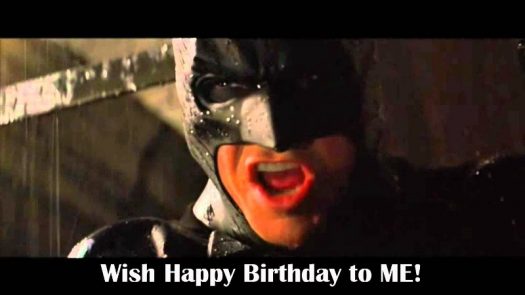Batman at 75: The Psychology of Why the Dark Knight Endures
Batty anniversaries fill 2014. This year marks the 100th anniversary of the birth of Batman’s uncredited co-creator Bill Finger, the 75th anniversary of Batman’s first appearance in print, the 50th anniversary of the “New Look” that editor Julius Schwartz masterminded to take the Caped Crusader back to his more serious roots, and the 25th anniversary of the motion picture (starring Michael Keaton and Jack Nicholson, directed by Tim Burton, and produced by Michael Uslan, Ben Melniker, Jon Peters, and Peter Guber) that proved the world still welcomed Batman. March 30 is the official anniversary of Batman’s debut in Detective Comics #27 (cover date May, 1939), although there is some uncertainty over that because the issue may have hit newsstands in early April or as late as April 18. Regardless, as of this spring, Batman has appeared in print consistently for 75 years, a feat only 76-year-old Superman has topped. Across all media, though, through comic books, TV shows, motion pictures, cartoons, comic strips, coloring books, View-Master slides, video games, and more, especially for the last 50 of those 75 years, Batman has appeared more times.
Why?
Why has the Dark Knight endured? As I’ve asked here before, why Batman? Every reason for his popularity relates to the in-fiction psychology of the character and the real-world psychology of the audience. His origin is trafic and brutally believeable: A family goes home after an evening at the movies. A robber steps out of the night. Father stands up for mother. Mother screams for father. Two shots, and both die. A young boy vows to avenge them – avenge, not revenge – by waging a war on all crime to keep others from suffering what his family went through. Even people who do not know Batman’s origin understand the desire to have a hero stand up for us in the darkness, to know there are people who will take on life’s bullies no matter what.

Young Bruce Wayne suffered a long we universally understand.
READ THE FULL ARTICLE AT PSYCHOLOGY TODAY:
Batman at 75: The Psychology of Why the Dark Knight Endures

